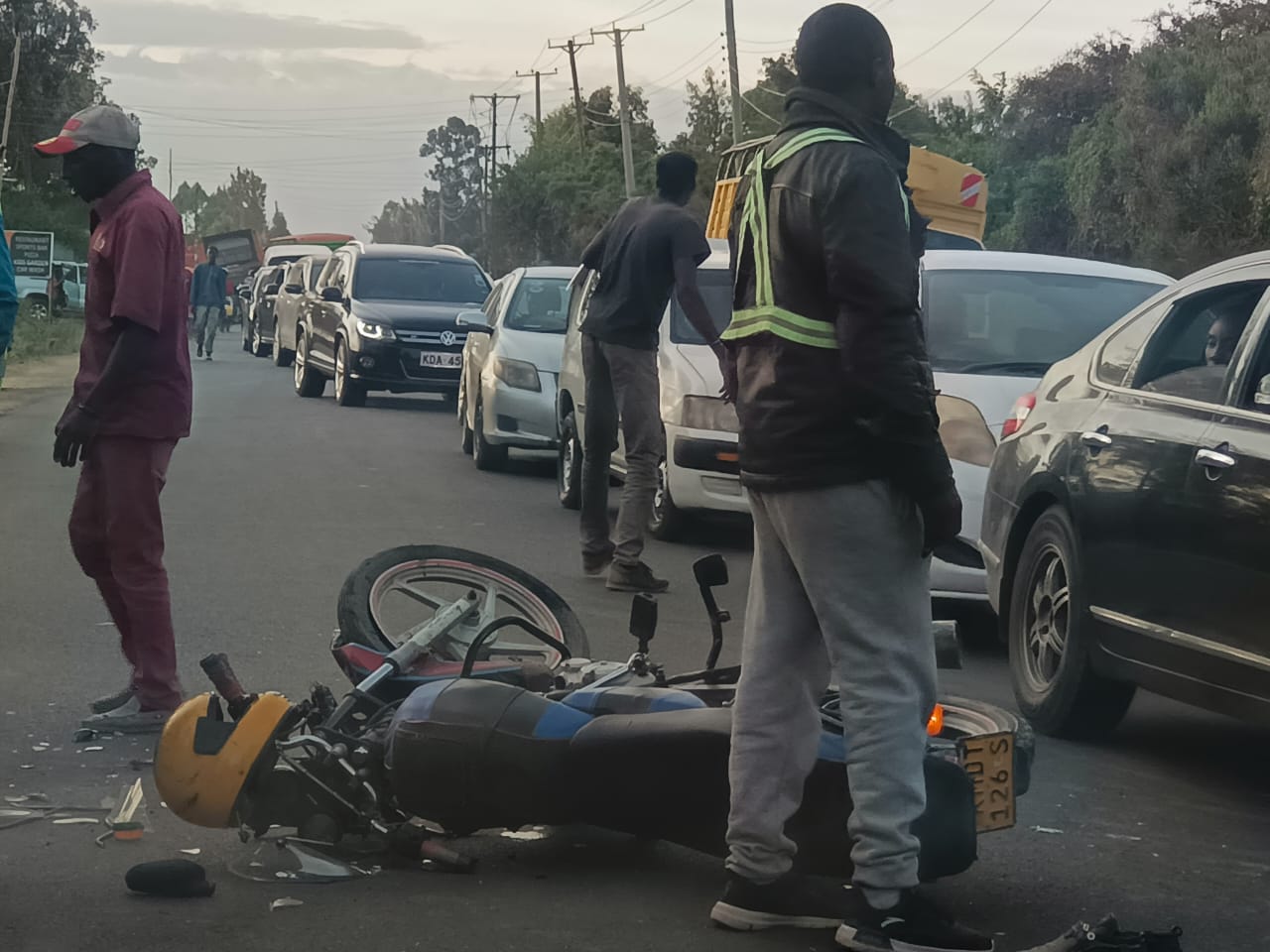The boda boda industry in Kenya could soon undergo major reforms as the National Assembly prepares to deliberate on the Public Transport (Motorcycle Regulation) Bill, 2023.
The proposed legislation, which the Senate passed on December 5 last year, seeks to bring order to the sector by introducing strict rules on registration, licensing, and operational standards.
Sponsored by Kakamega Senator Boni Khalwale, the Bill proposes the formation of a regulatory Board that will oversee motorcycle operations across the country.
The Board’s mandate will include registering riders, ensuring they undergo proper training, and enforcing safety measures.
In addition, it seeks to define the responsibilities of motorcycle owners, riders, and passengers while introducing employment contracts within the sector.
Read More
To curb reckless riding and enhance accountability, the Bill also outlines circumstances under which a rider’s registration certificate may be suspended or revoked.
It states: “Every owner of a motorcycle operating for commercial purposes shall not cause or permit any person to ride their motorcycle unless such a person is the holder of a valid driving licence or a valid provisional licence endorsed in respect of that class of motorcycles and a valid employment contract.”
Further, motorcycle owners will be required to provide riders with standard protective gear, including “two helmets which comply with the standards established by the Kenya Bureau of Standards and are of the prescribed colour; two reflective jackets which are of the prescribed colour.”
If the Bill is enacted, county governments will introduce uniform colours for boda bodas operating within their jurisdictions, ensuring easy identification and regulation.
The proposed law also seeks to prohibit unauthorised modifications to motorcycles, particularly changes to exhaust pipes and windshields, a common trend among boda boda riders.
With boda bodas serving as a key mode of transport for millions of Kenyans, the proposed regulations could significantly impact both riders and passengers, setting new operational standards aimed at enhancing safety and order in the industry.











